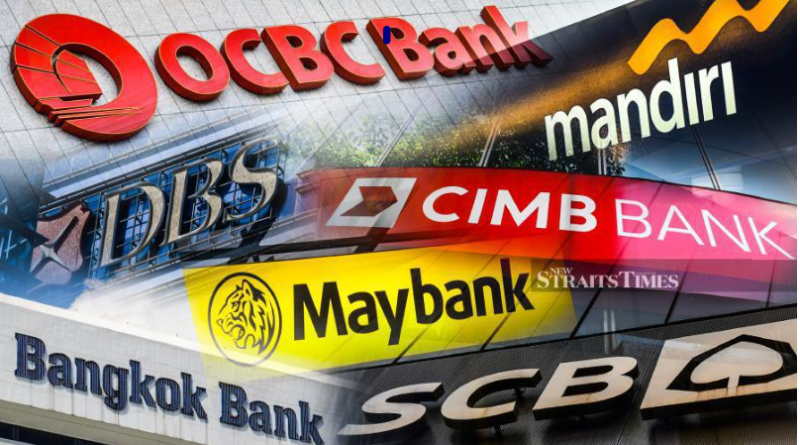Local banks not out of woods in 2021, says Affin Hwang despite recent stock re-rating
KUALA LUMPUR: The banking sector may not be completely out of the woods next year, Affin Hwang Capital said.
Prevailing downside risks in the economy and the banking sector may trigger a correction in the liquidity-driven market, which was overbought currently, Affin Hwang added.
This is despite the recent re-rating of the banking and financial services’ share prices and the fact that most investors are looking at 2021 for a recovery.
Affin Hwang had pencilled in a 13 per cent year-on-year (yoy) recovery in the sector’s 2021 core net profit, following a sharp 28.6 per cent contraction in 2020.
Notwithstanding that, the sector’s return on equity (ROE) remains at a 22-year low.
“Nonetheless, we advise investors to exercise caution, due to the heightened risk of unemployment and potential business closures, which will continue to drive up system NPLs (non performing loans).
“Though credit costs are expected to stay elevated in 2021, the financial intermediaries remain well-supported by strong balance sheets, a capital buffer of RM121 billion and high loan loss buffers,” it said.
Previously, Affin Hwang had revised its banking and financial services stock universe, raising its target prices and stock ratings to reflect a lower equity risk premium, in line with the return of risk appetite in the market.
It had also made some earnings forecast revisions on Hong Leong Bank Bhd by 28-30 per cent, on the back of a better fund-based income and net interest margin (NIM) outlook, as well as lower provisions.
It had also made revisions on Aeon Credit Service (M) Bhd’s financial years 2021 and 2022 net earnings by 18.5 per cent and 28 per cent, with more robust receivables growth and lower net credit costs.
Affin Hwang said potential increases in Stage 2 and Stage 3 exposures of the banks’ loan books remain a risk going into 2021 due to lower household incomes, rising unemployment and deterioration of businesses’ debt-servicing capacity.
Stage 2 is where credit risk has increased significantly since initial recognition and Stage 3 is where the financial asset is credit impaired.
It said banks continue to face asset quality risks from exposure to vulnerable sectors such as oil and gas, real-estate and retail/tourism.
In addition, it said Malayan Banking Bhd and CIMB Group Holdings Bhd would face the threat of NPLs from Indonesia.
Affin Hwang reiterated its “underweight” stance on the sector.
Source: NST

